The river is going out. Big time. Sure, it’s been raining since the helicopter dropped us off six days ago and seventeen miles upriver, but only enough to ensure that everything we own is wet. A week of dripping tents, soggy sleeping bags, and wrinkled fingers isn’t so bad when the river’s green.
But now, this is different. The gentle drizzle we’ve grown accustomed to has transformed into a howling, spitting front that roared off the Pacific in the middle of the night. Not that I’d been sleeping anyway. Exhausted as I was, I had been in the grips of paranoid insomnia, fueled by the news we’d received yesterday. Steve, an old friend and guide for one of the lodges, had steered his jet boat near enough to shout, “Saw a big sow griz in here yesterday, with a wounded paw … and cubs. I’d be careful.” In broad daylight, we thought it was hilarious—a laughable guide tactic to keep us moving downstream, out of his prime water. And yet, we’d known Steve for years. He wouldn’t try something that obvious, would he? Something to ponder in a dark tent as the wind picks up and branches snap in the distance.
In the morning, we bail out the raft and row across, knowing we have at most a one-day window to fish. Visibility is limited to the river corridor, as menacing, charcoal clouds obscure the soaring granite walls and Windex-blue glaciers that loom somewhere overhead. Quarter-sized raindrops blast a foot of spray over the water, and I understand we are fishing our last hours of the year on this river. By the time the river drops back into shape, our permits will be long expired.
We hike upstream in a mad scramble, driven by our newfound sense of urgency, then spend the day fishing our way back to the raft. The weather continues to deteriorate. We laugh stupidly over lame jokes, yelling, “It might be raining, but at least the wind’s picking up,” and in the midst of a particularly torrential downpour, “I don’t think the really heavy stuff’s going to come down for a while.” Mostly, we cast with crazed intensity. The fishing is nothing short of magnificent. We are finding fish now in almost every run—explosive, flashing slabs of bright chrome pushing in from the sea on rising water. And still, the rain lashes at us. Time is running out in paradise.
In the dim, murky light of early evening, we are back at the raft, fishing the gravel bar across from camp. The river has lost its emerald-green color, tinged now with brown run-off and milky glacier-melt. Tomorrow it will be chocolate. As I work my way down into the sweet spot, something catches my eye across the river: a brief flicker of movement in the brush just upstream from our sadly drooping tent. I squint through the gloom and just make out a large, dark mass moving quickly toward camp. It’s hard to be sure, but I could swear it’s limping.
More Like This
This is serious. We need to row over there right now and deal with the situation while there’s still a last bit of daylight left. Make noise. Light the lantern. Get a fire going. Walking into camp after dark would be terrifying. A surge of fear grips my stomach.
Down in the tailout, just above the break, a fish surfaces in a slow head-and-tail roll. The width of its back is breathtaking. I take two steps downstream, push my loop through the gale, and fire. The upstream wind makes the mend easy and as my fly begins to swing, I know he’s going to take. I just know it.
Excerpted from Headwaters: The Adventures, Obsession and Evolution of a Fly Fisherman ©2022 by Dylan Tomine. Reprinted with permission by Patagonia.

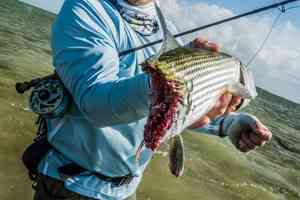



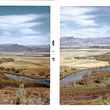
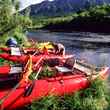



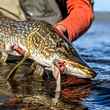

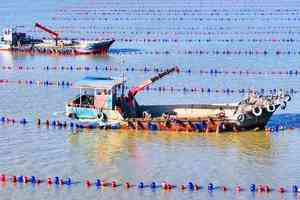
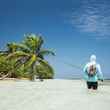

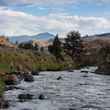
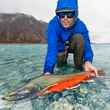



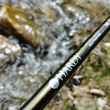
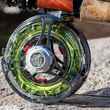



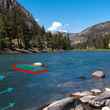
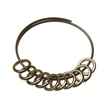
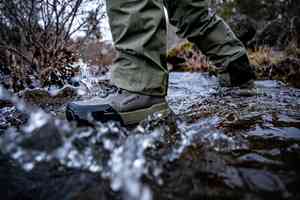
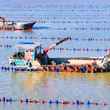

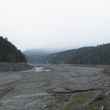
Comments